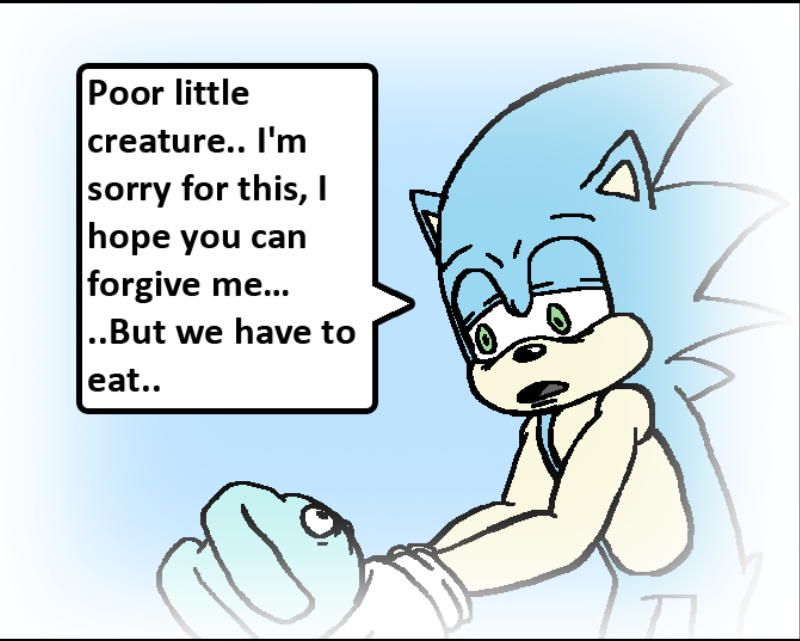this post was submitted on 12 Apr 2024
141 points (100.0% liked)
196
16442 readers
1532 users here now
Be sure to follow the rule before you head out.
Rule: You must post before you leave.
founded 1 year ago
MODERATORS
you are viewing a single comment's thread
view the rest of the comments
view the rest of the comments

There is also the problem that a lot of times the argument for why it's better is not framed properly. Plenty Of Studies have shown that if literally everyone were to suddenly go vegetarian we would have the exact same problem just now with vegetables instead of meat. The supply wouldn't be there things would get ramped up emissions and resource use especially water would increase drastically to try and keep up with the demand.
If you're going vegetarian just because you don't like the idea of eating animals then that's fine, but if you're at all coming at it from the sustainability perspective then the true solution is a dietary mix that is more heavy towards the vegetarian side of things but still with some meat mixed in just not a dietary staple eating constantly.
Can you share these studies?
Because it sounds a bit ridiculous.
https://phys.org/news/2023-02-veganism-planet-limited-meat-consumption.html
Sure this is a fairly recent one. It makes intuitive Sense on the surface that going pure vegetarian would be beneficial and reduce emissions. But that's because we are comparing it to a system of meat that is based off the current demand where a majority of people are large consumers of it regularly.
Animals can be beneficial environmentally speaking even when raised for food, and the resource cost for growing vegetarian food can end up becoming quite large when you scale it to that same level.
Extremes are rarely the true solution there is usually a middle ground this is no exception
That just says soybeans and palm oil are imported in and that’s bad.
Kinda unrelated, yeah?
Soybeans are a fairly large part of most purely vegetarian diets, as they provide a metric ton of the various nutrients one needs, you can get around that with enough other types of vegetables but SB is the quickest and easiest which means it would likely become one of the most heavily consumed parts of an all vegetarian economy if everyone were to suddenly switch.
Soybeans, kale, and winter squashes are generally the most popular because they are very heavily nutrient and vitamin dense. But they don't exactly scale to extreme levels cleanly.
Again, to be clear, I am advocating for a switch to primarily vegetarian diets. I'm just saying going exclusively vegetarian isn't necessarily going to be great and will come with its own set of challenges and problems. A middle ground of primarily vegetarian but still some light meat usage is going to be the healthier Middle Ground both for your diet and the environment